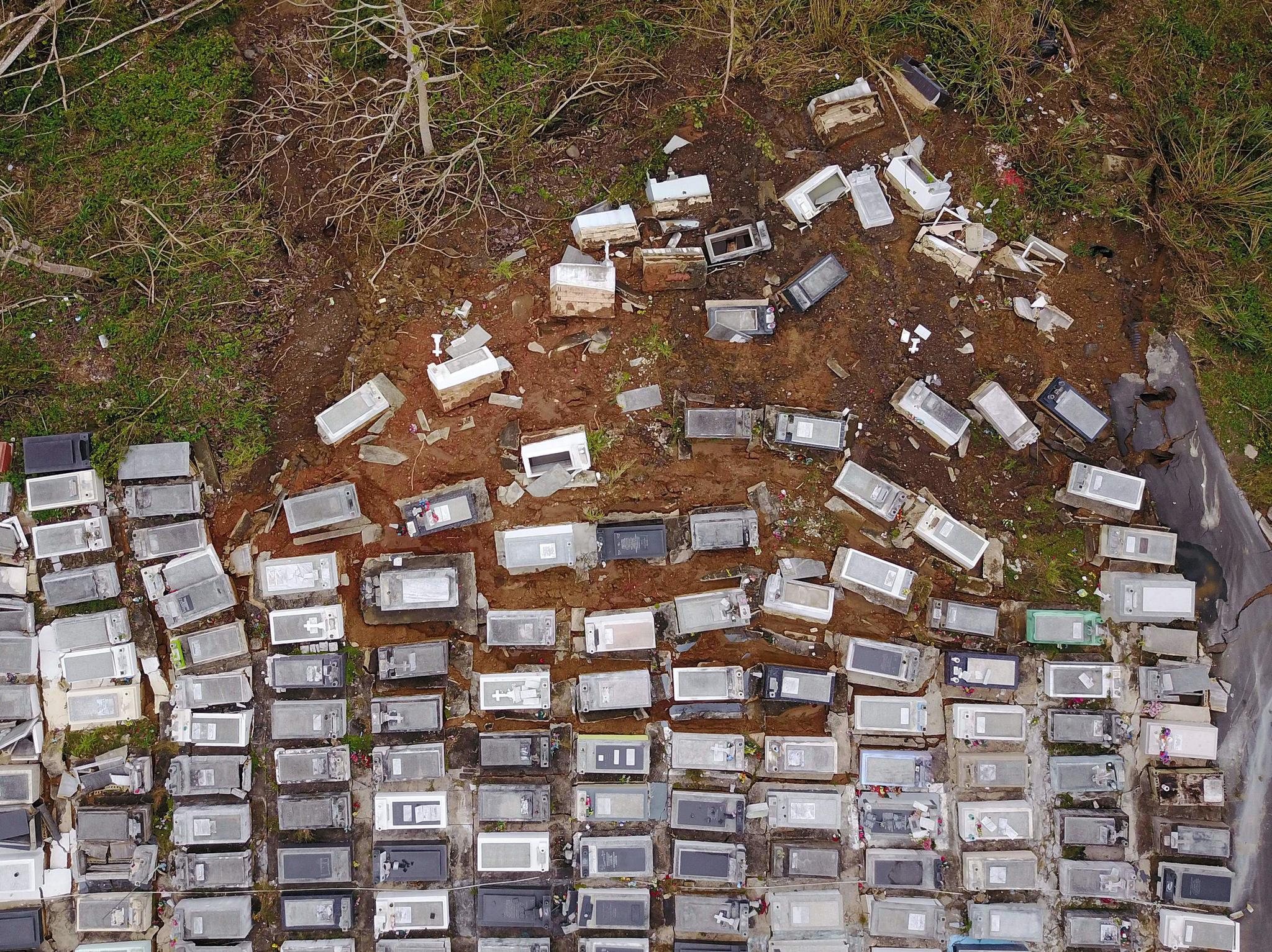Climate Change Was The Engine That Powered Hurricane Maria's Devastating Rains
Maria was the rainiest storm known to have hit Puerto Rico. Scientists say a storm of such severity is nearly five times more likely to occur today, with warmer air and ocean water, than in the '50s.
by Rebecca Hersher
Apr 17, 2019
2 minutes

Hurricane Maria was the rainiest storm known to have hit Puerto Rico, and climate change is partly to blame, according to a new study.
The worst rain fell in the mountainous central part of Puerto Rico, from the northwest to the southeast. That part of the island is of rain.
You’re reading a preview, subscribe to read more.
Start your free 30 days



